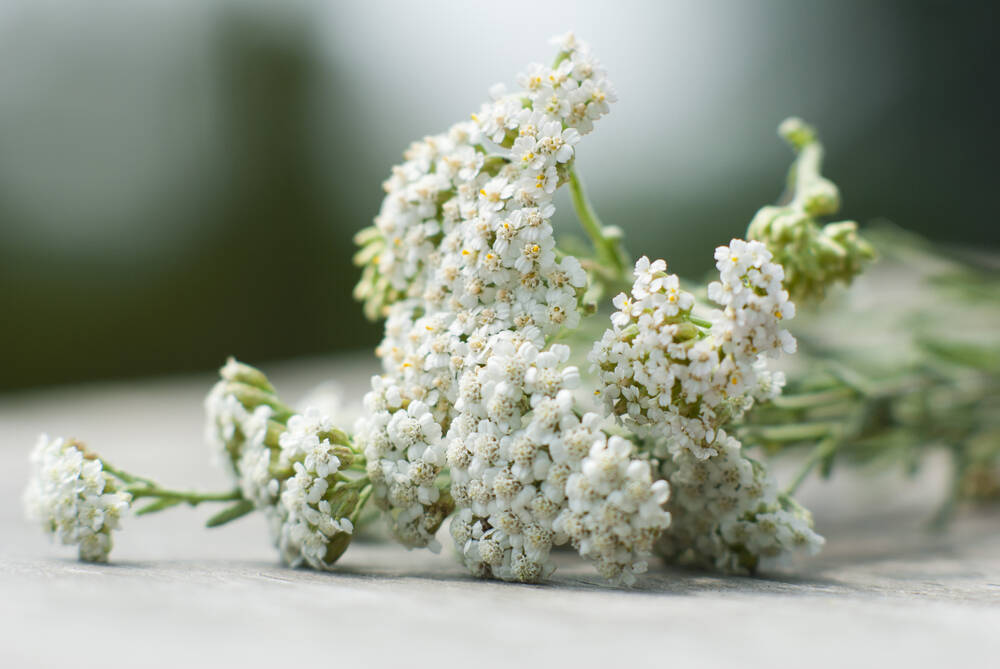While often overlooked as a delicate wildflower, Mouse Tail—commonly referred to by its botanical genus Myosotis and sometimes known as Forget-Me-Not—has a long-standing place in traditional herbal medicine. With its small, velvety leaves and clusters of sky-blue flowers, this plant holds more than just symbolic charm.
Let’s dive into the properties, health benefits, and uses of this gentle but potent medicinal herb.
🌱 What Is Mouse Tail?
The name “Mouse Tail” refers to the shape of the plant’s leaves, which resemble the slender tail of a mouse. Botanically, it’s part of the Boraginaceae family. Though most famous in garden settings as Forget-Me-Not, various Myosotis species have been used in folk medicine across Europe, Asia, and parts of North America.
🔬 Active Compounds
Mouse Tail contains several bioactive components:
- Tannins – Astringent compounds with anti-inflammatory properties
- Saponins – Known for immune-modulating and expectorant effects
- Mucilage – Soothing for mucous membranes, supports respiratory and digestive health
- Flavonoids – Antioxidant compounds that reduce oxidative stress
💡 Therapeutic Indications
1. Respiratory Relief
Traditionally, Mouse Tail has been used to treat:
- Coughs
- Bronchitis
- Sore throats
Its mild expectorant and anti-inflammatory effects help ease irritation and support the respiratory tract.
2. Wound Healing
The astringent tannins help:
- Stop minor bleeding
- Accelerate skin repair
- Reduce inflammation when applied as a poultice or wash
3. Digestive Soothing
Due to its mucilage content, Mouse Tail can:
- Soothe mild gastritis or irritated stomach lining
- Reduce intestinal discomfort
It’s typically used as a mild infusion for this purpose.
4. Anti-Anxiety and Nervine Tonic
Traditional healers have used Mouse Tail as a mild sedative:
- Calms the nervous system
- Eases anxiety, restlessness, and insomnia
🍵 How to Use Mouse Tail
⚠️ Always consult a qualified herbalist or healthcare provider before using any medicinal plant, especially during pregnancy, breastfeeding, or alongside medications.
💧 Herbal Infusion (Tea)
For internal use:
- 1 tsp dried aerial parts
- 1 cup hot water
- Steep 10–15 minutes, drink up to 2 times per day
Helpful for: Coughs, digestive irritation, mild anxiety
🛀 Herbal Bath or Compress
For skin support:
- Add a handful of dried Mouse Tail leaves to a warm bath or steep in water and apply as a compress to minor wounds or inflamed skin.
🌿 Tincture
Less commonly available, but prepared in alcohol-based solutions (1:5 ratio, 40% alcohol) for concentrated support. Dose depends on practitioner guidance.
⚠️ Precautions
- Use in moderation; excessive use may lead to mild digestive upset.
- Avoid prolonged use without professional guidance.
- Not recommended during pregnancy due to limited safety data.

Mouse Tail may not be the most famous herb in the natural medicine cabinet, but it offers gentle and valuable support for the respiratory system, skin health, and emotional balance. Whether in a cup of tea or as part of a soothing compress, this understated wildflower reminds us that nature’s healing power often comes in the most delicate forms.
Interested in growing your own healing herbs? Mouse Tail is easy to cultivate in temperate gardens and brings charm and utility in equal measure.

